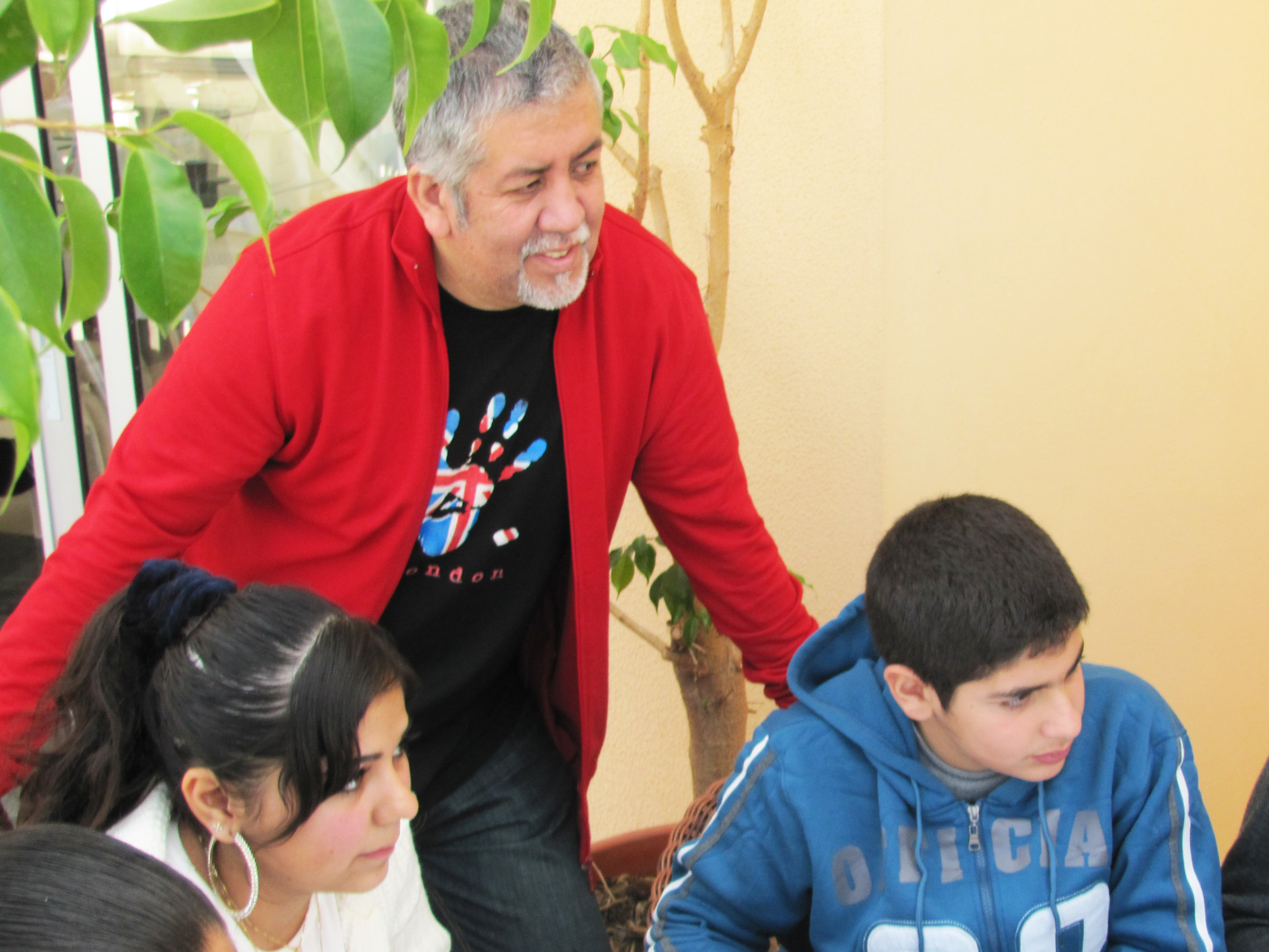A child's right to be heard
November marks three important milestones for children’s rights: the Universal Children's Day established by the United Nations in 1954, the adoption of the Declaration of the Rights of the Child in 1959 and the adoption of the Convention of the Rights of the Child in 1989.
The Convention on the Rights of the Child is the most highly ratified instrument in international law and it has an impressive substantive content that provides civil, political, social, economic and cultural rights for children and young people.
When people ask me which are the most important rights in the Convention, I generally explain that the human rights are indivisible, interdependent and interrelated; all of the rights have the same importance and equal status, and the fulfilment of one right depends upon the fulfilment of others. It is valid, however, to refer to one right but without compromising the realisation of the other rights.
Today, I want to focus on one of the key principles of the Convention - a child’s right to be heard. This right comprises the notion of children as decision-makers on issues that affect their lives. This is pivotal to ensuring the realisation of the other rights. The Convention affirms that children are capable of making decisions and forming opinions in progressive ways according to their evolving capacities, experience, development, culture, and worldview, among other factors.
Many researchers have suggested that despite the emerging opportunities for children to participate, cultural values, patriarchal structures and political systems are limiting factors that weaken children’s abilities to be part of decision-making processes.
Nonetheless, it would be a mistake to think that the right to participate outlined in the Convention is enough to ensure meaningful participation of children in our society. Many researchers have suggested that despite the emerging opportunities for children to participate, cultural values, patriarchal structures and political systems are limiting factors that weaken children’s abilities to be part of decision-making processes. On the other hand, based on my own research, children also have dissident opinions regarding their ability to participate and the impact that their actions could have in decision-making.
When I conducted research on children’s voices, many children expressed that the opportunities to participate are still precarious. Many children indicated that they would like to participate but did not speak up for fear of adults’ responses. For instance, children in Sri Lanka feared being criticised, and children from El Salvador noted that their desire to participate was inhibited by fear of adults humiliating them. The overall responses showed that a significant number of children do not feel empowered to make decisions about matters that affect them.
What we can do
How can we reverse this situation? I strongly believe that promoting child participation requires social commitment and action to make it happen. Initiatives should be directed towards influencing and educating society in order to change beliefs, attitudes, and practices and to promote ethical and meaningful child participation based on equality, trust and mutual respect.
My experience from research and direct interaction with children have shown that there is a strong correlation between children who are involved in their community, in children’s clubs or other activities, and greater levels of confidence and positive responses in terms of feeling protected, self-assured and fully participating in life and decision-making.
Click here to learn more about World Vision's work with children's clubs.
In conversation with children, they indicated that they have the passion and drive to shape their own abilities to exert influence with their peers, community or country. However, they made clear that they need to be provided with the space, knowledge and tools to make this happen.
From my experience working with children in many different countries, I have noticed a high degree of variance regarding the settings where child participation takes place. While there are some environments that are more conducive to participation, other contexts are more restrictive due to cultural norms and values. There are many other factors, such as gender, religion and ethnicity, which can also play a critical role in limiting the participation of children in decision-making processes in their communities.
While reflecting on the Universal Children's Day and the opportunities for child participation, I strongly believe that it is critical to continue to work on developing effective models of child participation that are linked to theory and practice. Based on my experience, children should have more opportunities to meaningfully participate and get involved in influencing their peers and communities when they belong to groups that have clear structures, represent other children, and are recognised as partners by adults’ organisations.
Universal Children's Day is an occasion to celebrate the achievements made on child participation but this day can also highlight the actions needed to build more meaningful opportunities for children to participate. We need to start changing our mindsets, especially those beliefs that consider that children are less than a full citizen and they are not entitled to participatory rights. If we listen to children, we will be surprised by their ideas and perceptions.
Patricio Cuevas-Parra is Senior Policy Adviser, Child Participation at World Vision International, and is passionate about child rights advocacy work that is field focused and field driven.
World Vision’s Child Health Now campaign aims to foster the political will and action so that all children can survive five. Child Health Now seeks to incorporate child voices and meaningful child participation in our efforts to tackle preventable diseases such as pneumonia, diarrhoea and undernutrition –which rob children of their lives and voices.
